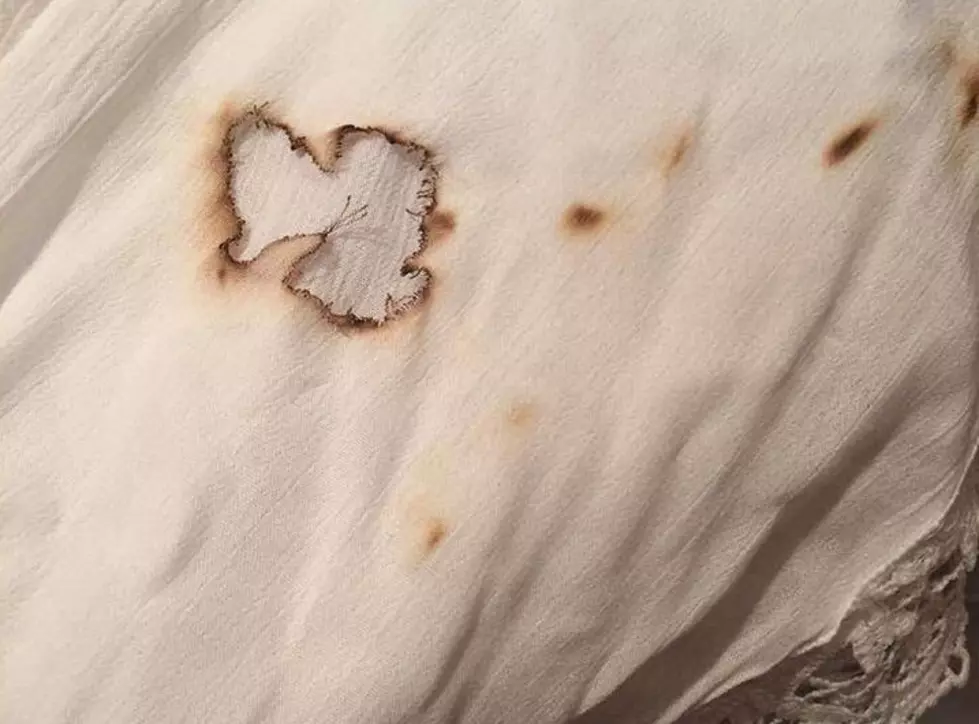
Get Your Car Ready For Winter
When it comes to getting my car ready for winter, I had a good teacher...my father. He always reminded me to get those snow tires on, have a good snow brush, buy a set of jumper cables for the trunk, and keep a shovel in that trunk as well. (I stopped short of the two sand bags that he used to have in his car). And, there are some other winter car prep tips you may want to take note of.
According to AAA,
"Battery check - A battery needs strong reserves of power to start an engine whose oil is thickened due to the cold. On top of that, just when your battery needs its power the most, it’s weakened due to low temperatures. In fact, at freezing a battery loses 30% of its power. When the thermometer drops to zero degrees Fahrenheit, a battery can lose as much as 60% of its power. Most batteries last three or four years, so if yours is over that age, you should have a technician test it by performing a “load” test that will check your electrical system and determine if the battery can hold a charge.
Tires – Most drivers have all-season tires on their car and think them sufficient for snow. But, in a snowfall greater than a half-inch, all-season tires just won’t get the job done and you’ll need a dedicated snow tire for two main reasons. Numerous tests have shown the greater traction of snow tires compared to all-season tires, even on sheer ice. Also remember to regularly check your tire pressure, ideally once a week, or at least once a month.
• Windshield Wipers – Sun, rain, snow, ice, salt and road grime all contribute to the deterioration of windshield wiper blades. Worn blades streak and impair vision, critical during winter months. Wiper blades should be replaced every year. Also, remember to keep your washer fluid topped-off with winter formula fluid so it won’t freeze and leave you unable to clear ice and slush from your windshield.
Cooling System – The coolant flowing through the engine has chemicals in it to prevent freezing and destruction of the engine. Your coolant should be topped-off to make sure there’s enough to keep the engine running properly. Your cooling system should be flushed and filled with new coolant every three years to ensure it has the properties it needs to protect your engine.
• Fluid Check – Many of your car’s fluids should be checked once a month. Engine oil, transmission fluid, power steering and brake fluid all need to be regularly inspected, especially during winter."
More From Big Frog 104








![New ‘Click It or Ticket’ Campaign Commercial is a Wake-up Call [Video]](http://townsquare.media/site/39/files/2015/05/Screen-Shot-2015-05-18-at-12.04.33-PM.png?w=980&q=75)
